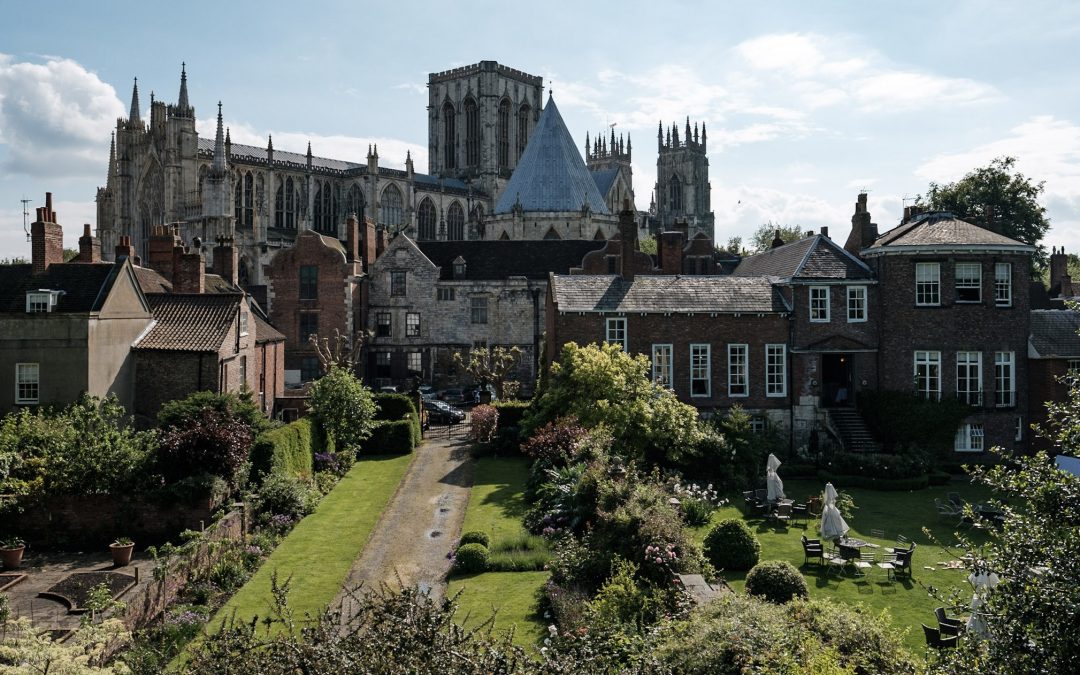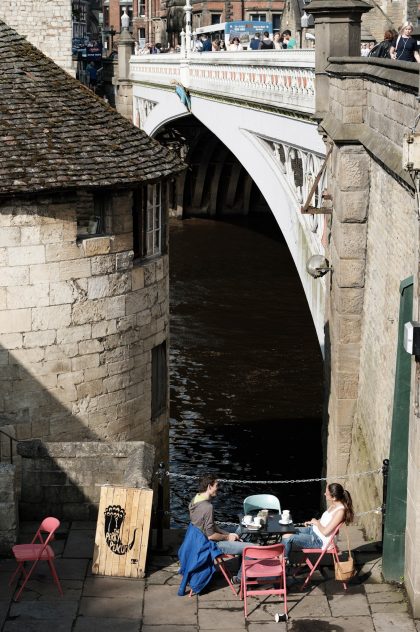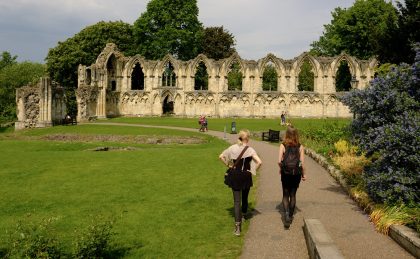The beginning
The idea to visit the Photonics Group at York University in England for my Master’s project in Physics emerged shortly before the referendum which resulted in the prospective withdrawal of the United Kingdom from the European Union. This referendum represents ideas that oppose the stated aim of ERASMUS+ to enhance the cooperation between states and to help with the growth of international studying and created uncertainties regarding the possibility to apply for an ERASMUS+ Internship to go to England. But the application process for an ERASMUS+ Internship at the University of Bremen turned out to be very straightforward and I received helpful advice from the International Office. Also my receiving organisation was remarkably quick in filling out the required forms for my application.
The next step was to find an accomodation in York from Germany as soon as possible, which of course is not an easy undertaking. Getting in touch with cooperative members of the group in York helped me to find out the best way to look for a place and in my case facebook led to a private house shared with five other students which is a very good way to make friends outside the University group. In York, student accomodations can be quite expensive and difficult to get compared to Germany so looking for an accomodation early is important.
Research in the Photonics Group in York
Working in the group in York has been the best experience I had in research so far. First of all the research on biosensing is a topic I am highly interested in and most importantly the group members were including me in their work in a natural and fruitful way such that I was able to learn everything I wanted to on an academic level. This resulted in a Master’s thesis in Physics and a knowledge in a specific field of research which I could only get in this group in York.
Cultural diversity in the research environment
The scientists I was working with come to York from different european countries like Spain, Italy and Netherlands but also from India, Pakistan and China. Exchanging ideas and learning about all these cultures was very interesting and helpful. It takes some time to understand where seeming differences come from and to learn how to translate, not only language but also habits. Some very good friendships came from this time.
- Skeldergate Bridge
- St. Mary’s Abbey
Life in York
York is a small and very old town with a beautiful city centre which is visited by tourists from all over the world. The culture includes going out for a pint of beer after work in one of the numerous pubs in town, walking or sitting in one of the parks or close to the river Ouse. There are very nice markets, shops and music or shows in the street on weekends.
The University of York was opened in 1963 and has a modern and friendly campus. There are 30 academic departments and research centres and nearly 16,000 students. From my experience the departments are working very well together and are constantly trying to reach out and form new connections through events and talks, creating an interdisciplinary environment.
Conclusion
During my stay in York I learned more than I ever learned before in six months and thus I am very grateful for the support I received from ERASMUS+. Both professionally as a scientist but also as a person I had the chance to grow in many ways. In a time where a country like the UK decides to leave the EU, programmes like ERASMUS are a hopeful force in the direction of a peaceful and harmonic Europe. During my time in York I learned that prejudices can be easily overcome by meeting people with different opinions, asking questions and listening. This sounds easy, but it takes organisations who care enough to support students to do exactly this and therefore I would recommend to any student to think about the advantages of spending some time abroad.




Neueste Kommentare